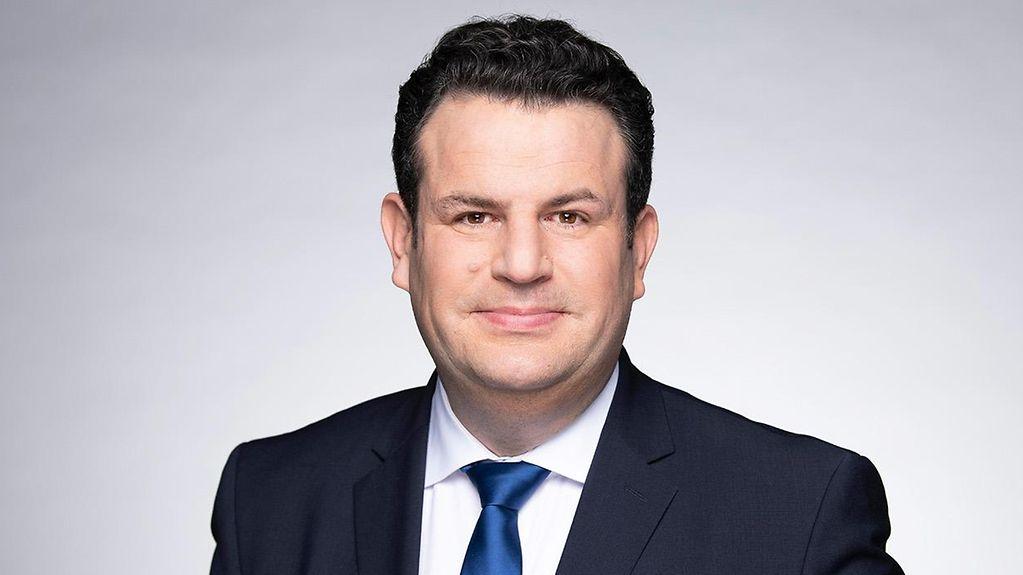Labour Minister Pushes for Mediation to End Montreal Transit Mechanics Strike
As the strike by transit mechanics in Montreal extends into its third week, Labour Minister Jean Boulet is urging both sides to engage in mediation to resolve the ongoing conflict. The work stoppage has caused widespread disruptions across the city’s public transportation network, affecting thousands of daily commuters and heightening tensions among residents and officials alike. Boulet’s call highlights the provincial government’s dedication to restoring a safe and efficient transit system that millions depend on every day.
The Role of Mediation in Resolving Labour Disputes
Minister Boulet has emphasized mediation as a constructive tool for bridging differences between the transit authority and striking mechanics. By facilitating open communication through a neutral third party, mediation aims to foster mutual understanding and cooperation—key elements needed for reaching an agreement that benefits both workers and service users.
- Maintaining Essential Services: Ensuring uninterrupted access to dependable public transportation for Montreal residents.
- Upholding Fair Labor Practices: Promoting equitable negotiations that respect workers’ rights while considering operational needs.
- Sustainable Conflict Resolution: Developing long-term agreements designed to prevent future labor disputes.
The Minister plans to initiate talks with representatives from both parties this week, aiming to appoint an impartial mediator promptly. Swift intervention is critical given how vital public transit is for economic activity and daily life in one of Canada’s busiest urban centers.
The Strike’s Ripple Effects on Commuters and City Life
The prolonged strike has significantly disrupted Montreal’s transit services, leading many commuters to face longer delays, overcrowded vehicles, and erratic schedules. This instability has pushed numerous riders toward alternative travel options such as biking, carpooling, or using ride-hailing platforms like Uber or Lyft—trends also observed during similar strikes in cities like Toronto in recent years.
This shift not only alters commuting habits but could have lasting economic consequences if prolonged service interruptions continue. Local businesses report decreased foot traffic during peak hours due to unreliable transport options—a concern echoed by urban planners who warn about potential declines in productivity citywide if no resolution is reached soon.
Community groups have stepped up with initiatives aimed at easing commuter burdens amid these challenges: free bike-sharing programs have been expanded; incentives encouraging carpooling are being offered; some local shuttle services have extended their operating hours—all efforts designed as temporary relief measures until normal service resumes.
| Affected Area | Description | ||
|---|---|---|---|
| Commuter Delays | Dramatic increases in wait times coupled with unpredictable bus schedules disrupting routines. | ||
| Alternative Transportation Uptake | A surge in cycling rates along with more frequent use of carpools and rideshare apps among daily travelers. | ||
| Civic Response Initiatives | Tactical community-driven solutions providing temporary mobility support during strike period. | ||
| Economic & Social Impact | Possible long-term shifts away from public transit affecting local commerce and urban mobility patterns. </tbody> </table> <h2 id="recommendations-for-effective-mediation-strategies-to-resolve-labour-disputes">Recommendations for Effective Mediation Strategies To Resolve Labour Disputes</h2> Mediation can be instrumental when addressing complex labour conflicts such as this ongoing strike involving Montreal’s transit mechanics. Employing strategic approaches enhances chances of reaching consensus efficiently while preserving relationships between stakeholders:……………&amp;amp;amp;amp;amp;amp;amp;b&a&m&p;a&m;p;a&m;p;a&m;p;aamp;bamp;bamp;bamp;bamp;bamp;bampthe following techniques are recommended:
|

